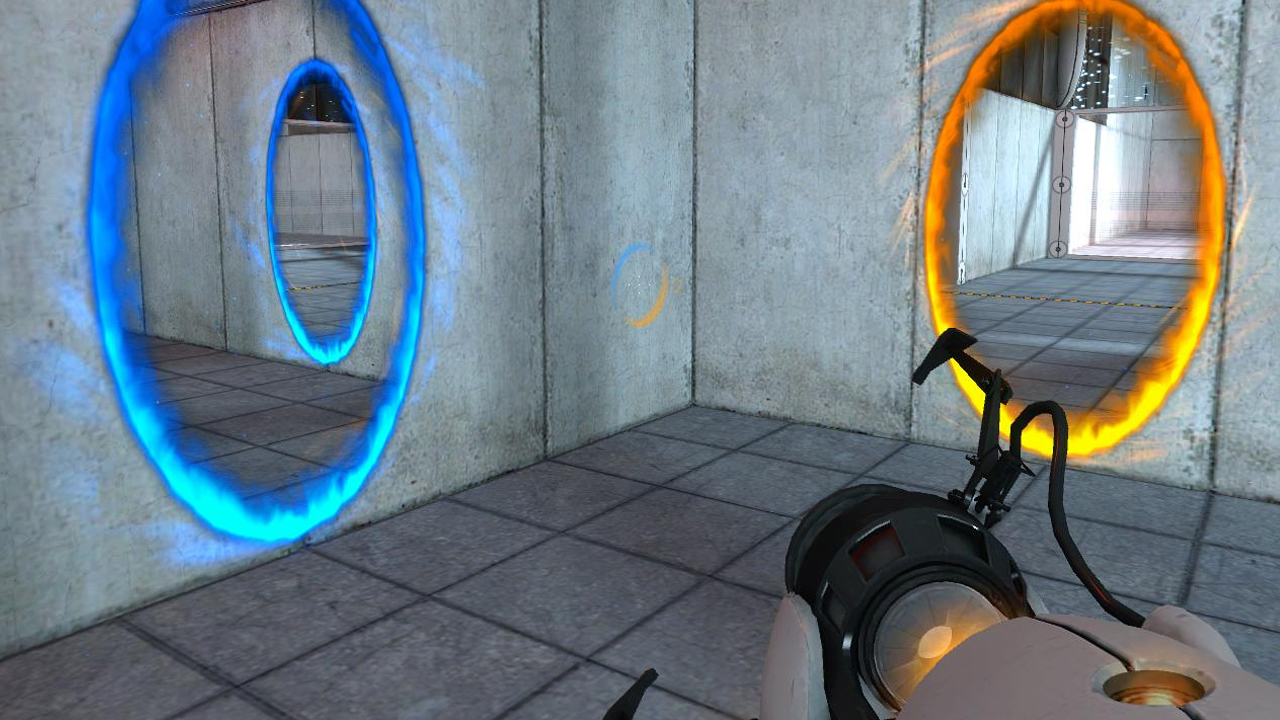If you’re like the average Steam user, you probably read a lot of user reviews. After all, you’d be crazy not to — gaming is an expensive hobby and you wouldn’t want to blow all your dough on a half-finished game that barely runs on your top-of-the-line PC. And as you read these reviews, you may notice a lot of similarities between the reviews, especially the negative ones.
There are a few things that seem to irk many gamers, and they’ll take their time to rake a game over the coals if those games irk them enough. Among these common complaints, you’ll find things like “locked at 30 fps,” “can’t rebind the controls,” and, of course, “Too short.”
It is true that, sometimes, a game can be too short. I remember being extremely frustrated that Star Wars: The Force Unleashed II clocked in at less than five hours, and failed to have any meaningful progression of skills or plot in that time. But some games can be even shorter than that, and yet be just the right length of time.
It’s not the size of your game, it’s how you use it.
Take Portal, for example. You could easily beat Portal in less than an afternoon, and yet it’s considered by many to be one of the best and most innovative puzzle games ever made. The reason for this is because the game is so tightly designed; the mechanics are simple, yet engaging, and they’re explored fully to create a variety of mind-bending puzzles that challenge the player. This is coupled with a story that, while short, uncomplicated, and relatively predictable, is memorable due to a well-written villain with a lot of genuinely funny lines. Ultimately, while there isn’t much to Portal, everything has been polished to such a degree that it doesn’t matter how much content there is.
In games, like many things, quality trumps quantity, but there’s a reason that the average gamer still prefers longer games — if you’re shelling out fifty or sixty bucks for a game, you’re going to want your money’s worth. This is the reason that games like Fallout 4 and The Elder Scrolls are so popular; they offer the most bang for your buck. I know that I was still playing Skyrim a year after it released, and still finding a lot of good content.
When less is more.
But some games don’t benefit from more. Take Life is Strange, for example. My playthrough lasted just over eleven hours, which is on the shorter side, but by the end I was glad it was over. Life is Strange, as you may know, is divided into episodes, ranging greatly from one and a half to two hours in length. The last two episodes are on the longer side, and they certainly start to drag near the end. The game’s story, a coming-of-age tale with superpowers and missing persons cases, is perfectly paced at the beginning, balancing out the character drama and mysteries with puzzles and choices in small packages that are ideal for single sessions.
But the last two episodes are much longer, and at a certain point the puzzles grind the pacing to a halt, delaying dramatic reveals for the sake of slow puzzles that consume the player’s time. The end of episode five is a particularly egregious example, as it stops the game right before the climax to force them through a long “nightmare” level, which has no real impact on the plot or characters.
Cutting out this section, along with some of the puzzles from the last two episodes, would remove about two hours of content from the game in total. But despite that, I wouldn’t feel cheated if they did. I would have gotten my money’s worth, as the game would still have the same great story and characters. Adding content to a game for the sake of length doesn’t make the game better, and in fact can hurt the overall quality.
Short games get a bad rap, but a lot of them can tell the best stories and have the tightest gameplay. Many of the best games out there are less than ten hours long, and well worth your time and cash despite the minimal length. Before a Steam review turns you off because of a game’s length, think about the amazing story you could miss, regardless of how brief it may be.







Published: May 14, 2016 03:00 pm